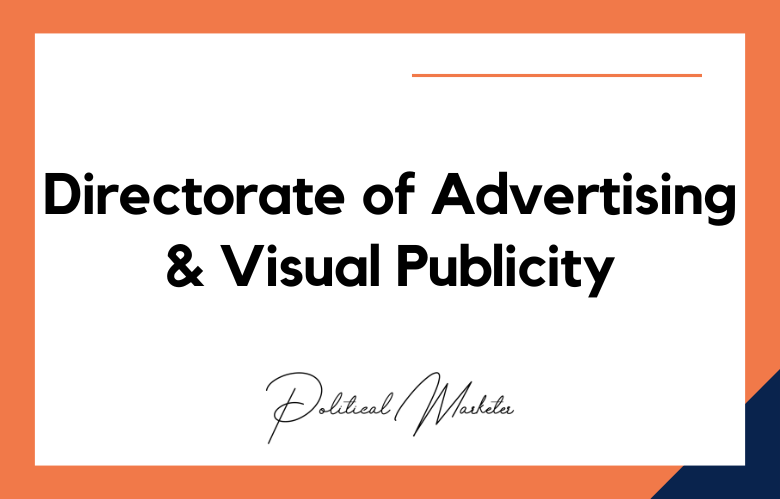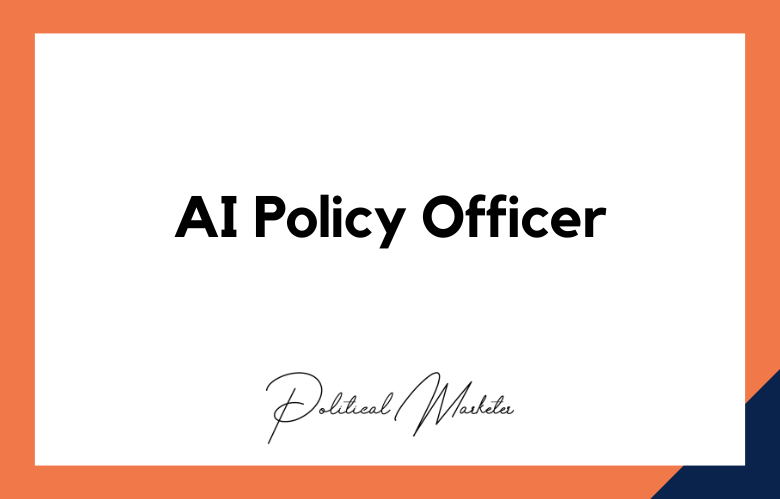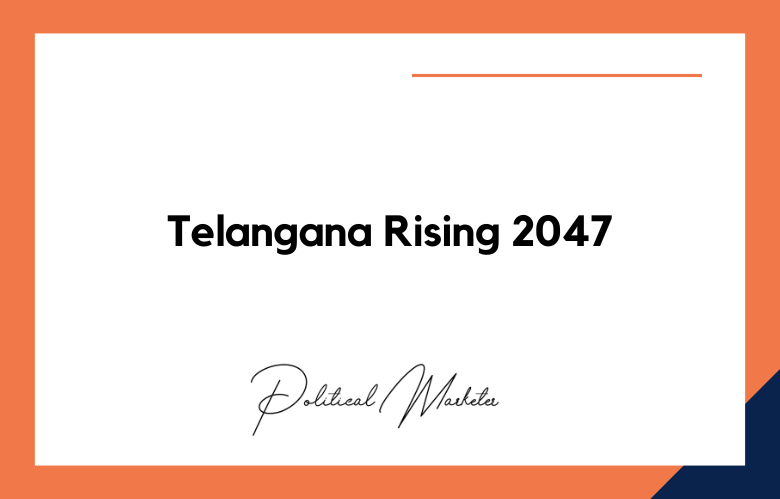“Social Media Security Protection Software for Political Leaders” highlights the critical importance of robust security measures tailored to safeguard the social media accounts of those in political office.
In today’s digital landscape, social media is not just a tool for outreach and communication; it’s also a significant vulnerability, subject to hacks, misinformation campaigns, and other malicious activities that can have far-reaching implications.
Social Media Security Protection Software for Political Leaders
The security of political leaders’ social media accounts, whose profiles are high targets for cyber threats, cannot be overstated. Compromised accounts can spread false information, manipulate public perception, and threaten national security. As such, dedicated security protection software becomes essential to protect these accounts from unauthorized access and monitor for suspicious activities.
This discussion will delve into how social media security protection software works, exploring its key features such as real-time monitoring, threat detection algorithms, automated alerts, and the secure management of access credentials. We’ll also examine the broader implications of social media security, including the need for continual updates to defense strategies in response to evolving cyber threats.
This introductory exploration sets the stage for understanding the layers of security that must be implemented to ensure that political leaders can safely and effectively engage with the public through social media platforms.
Top Social Media Security Software Tools for Political Leaders in 2021
In 2021, as political leaders increasingly relied on social media to connect with constituents and disseminate information, the need for advanced security software tools to protect their digital presence became paramount. Here’s a look at some of the top social media security software tools specifically designed for political leaders during that year:
ZeroFOX:
ZeroFOX protects a range of digital threats, including phishing attacks, fraudulent accounts, and malicious content that targets public figures on social media. Its capabilities in threat intelligence, digital risk monitoring, and incident response make it a comprehensive choice for political figures looking to secure their online interactions.
Proofpoint:
Proofpoint specializes in email and social media protection, offering tools that help detect and block data loss, account takeovers, and email fraud threats. Its Social Media Protection suite is particularly effective for political leaders, ensuring their social channels are continuously monitored for security threats.
Crisp Thinking:
Crisp offers a real-time risk intelligence platform for identifying and managing digital risks. It is adept at scanning multiple social media platforms for harmful content, including hate speech and threats, thereby protecting the reputation and security of political leaders.
Hootsuite:
Although primarily known as a social media management tool, Hootsuite also includes security and compliance features, ensuring that political leaders’ social media accounts are managed safely. Its advanced permission settings and tight control over account access help prevent unauthorized entries and potential security breaches.
Nexgate by Proofpoint:
Nexgate provides specific social media compliance and security solutions, protecting against complex threats like account hijacking and malicious content. It offers tools that automatically enforce security policies and moderate content, making it easier for political leaders to maintain a secure and compliant social media presence.
Protecting Political Leaders: The Ultimate Guide to Social Media Security Software
“Protecting Political Leaders: The Ultimate Guide to Social Media Security Software” is a comprehensive resource designed to help political figures and their teams navigate the complexities of online security in the context of social media use. This guide outlines the necessity of robust security measures, provides insights into choosing the right software, and offers strategies to mitigate risks effectively. Here’s an overview of what such a guide would cover:
Introduction
Importance of Social Media: Discuss social media’s crucial role in modern political communication and engagement.
Security Risks: Outline common threats such as account hacking, data breaches, disinformation campaigns, and privacy violations.
Objective: Explain the guide’s goal to equip political leaders with knowledge and tools for better security on social media platforms.
Understanding the Threat Landscape
Types of Threats: Describe various threats in detail, including phishing attacks, malware, account impersonation, and unauthorized access.
Potential Consequences: Highlight the possible impacts of these threats, such as loss of sensitive data, damage to reputation, and manipulation of public opinion.
Choosing the Right Social Media Security Software
Key Features to Look For:
Real-time Monitoring and Alerts: Ability to monitor accounts for suspicious activities and send instant alerts.
Access Control and Authentication: Tools for managing who can access accounts and how authentication is handled, including multi-factor authentication options.
Content Analysis: Features that scan and analyze outgoing and incoming content for malicious links and disinformation.
Compliance and Reporting: Tools for ensuring and documenting compliance with data protection laws and regulations.
Vendor Evaluation: This section includes criteria for assessing software providers, such as reliability, support services, integration capabilities, and user reviews.
Implementing Social Media Security Practices
I am developing software to guide initial setup, configuration, and integration with existing digital infrastructure.
Training and Awareness: Political leaders and their teams must be trained to recognize security threats and use software tools effectively.
Regular Audits and Updates: Security measures must be reviewed and updated regularly to address new and evolving threats.
Best Practices for Social Media Security
Strong Password Policies: Creating and managing strong, unique passwords for all social media accounts.
Controlled Access: Limiting account access to a few trusted individuals and defining clear roles and responsibilities.
Public and Private Information Segregation: Guidelines on what information should never be shared publicly.
Crisis Management Plan: Preparing for potential security breaches with a clear response strategy.
Case Studies
Successful Interventions: Real-world examples where social media security software prevented or mitigated cyber threats.
Lessons Learned: Analysis of past security breaches on social media and the lessons learned from them.
How Social Media Security Software Can Safeguard Political Leaders’ Online Presence
Social media security software is essential for protecting the online presence of political leaders, who are often targets of cyber attacks and misinformation campaigns. With social media’s increasing influence on public opinion and political discourse, ensuring the integrity and security of these platforms is crucial.
Such software helps detect and mitigate threats in real-time, safeguarding the leaders’ profiles from unauthorized access, hacking, and other malicious activities. This introduction of robust security measures protects political figures’ accounts, preserves their communications’ credibility, and maintains public trust in their digital interactions.
The Importance of Social Media Security Protection for Political Leaders
The digital age has ushered in an era where social media platforms are integral to political communication and engagement. However, this increased reliance on social media also presents substantial security risks, particularly for political leaders. The importance of social media security protection for political leaders cannot be understated, as their accounts are a vital tool for public communication and a potential target for cyber threats ranging from misinformation campaigns to account takeovers.
For political figures, a social media security breach can lead to many adverse outcomes, including spreading false information, exposing sensitive data, and even manipulating public opinion. Such incidents can undermine public trust, disrupt political processes, and damage a leader’s reputation irreparably. Consequently, robust social media security measures are essential to protect against these vulnerabilities.
This exploration will delve into the various types of threats faced by political leaders on social media, the potential consequences of these threats, and the critical security practices and tools that can help mitigate these risks. By emphasizing the unique challenges political leaders face in the digital landscape, the discussion highlights the necessity of tailored security solutions to safeguard their presence on these influential platforms.
Choosing the Right Social Media Security Software for Political Leaders
In the digital age, where social media platforms play a pivotal role in communication, political leaders face unique challenges in safeguarding their online presence. The selection of appropriate social media security software is critical to protect against threats such as hacking, misinformation, and unauthorized data access.
The stakes are incredibly high for political figures whose reputations and careers can hinge on public perception. This guide provides political leaders and their advisory teams with essential criteria and considerations for choosing the right social media security software.
It will explore various features, evaluate different tools, and offer practical advice to ensure their social media interactions remain secure and credible. As political dynamics unfold in real-time online, the importance of robust and reliable security measures cannot be overstated.
Social Media Security A Must-Have for Political Leaders
In today’s interconnected world, social media is a critical platform for political leaders, providing a direct line to the electorate. However, the same features that make social media a powerful tool for communication also make it a significant security risk. Thus, social media security is not just beneficial for political leaders—it’s a must-have.
Political leaders face unique threats on social media, including targeted disinformation campaigns, hacking, identity theft, and the potential for sensitive information to be compromised. These risks can have serious repercussions, not just on an individual’s public image and career but also on national security and public safety. Therefore, robust social media security practices are essential to protect leaders from cyber threats and ensure their communications’ integrity.
This discussion will focus on why social media security is indispensable for political leaders. It will detail the types of common threats, their impact, and the best practices for safeguarding accounts. We will explore advanced security tools and strategies that can help political figures navigate the complex landscape of digital interactions safely and effectively. The aim is to underscore the necessity of proactive security measures in maintaining the credibility and safety of political discourse in the digital realm.
Enhancing Political Leaders’ Digital Security with Social Media Protection Software
In today’s hyper-connected world, political leaders’ digital security is constantly threatened, with social media platforms often being the front line in this ongoing battle. As the volume and sophistication of cyber threats increase, political figures must enhance their defenses to protect their online presence, personal data, and the integrity of the information they share.
This introduction to enhancing political leaders’ digital security through social media protection software will delve into the critical need for robust security measures. We will explore the various risks associated with social media use, from targeted cyber-attacks and phishing to the spread of disinformation.
The guide will outline how the proper social media protection software can be crucial to a political leader’s cybersecurity arsenal. It can help detect threats, prevent unauthorized access, and maintain the public’s trust in an era when digital interactions can define a leader’s success and credibility.
Conclusion:
Social media is a critical platform for political leaders to communicate with the public, share policies, and engage with constituents. However, it also presents significant security risks, including misinformation, account hacking, and targeted cyberattacks. In conclusion, implementing robust social media security protection software is essential for political leaders to safeguard their online presence.
This software protects against unauthorized access and data breaches and helps manage and mitigate the spread of misinformation and harmful content. Practical security tools can monitor suspicious activities, flag potentially dangerous interactions, and ensure compliance with data privacy regulations. Furthermore, such software can provide political figures with the tools to manage multiple platforms securely, enabling them to focus on their communication goals without compromising security.
Social Media Security Protection Software for Political Leaders: FAQs
What Is Social Media Security For Political Leaders?
It refers to tools, strategies, and best practices safeguarding a political leader’s social media accounts from hacking, impersonation, misinformation, and unauthorized access.
Why Do Political Leaders Need Social Media Protection?
Due to their high-profile nature, political leaders are prime targets for cyberattacks, defamation, identity theft, and misinformation campaigns that can damage their reputation and credibility.
What Are The Common Threats Faced On Political Social Media Accounts?
Threats include hacking, phishing, impersonation, fake followers, coordinated smear campaigns, deepfakes, data breaches, and unauthorized posts or comments.
How Can Political Leaders Prevent Account Hacking?
Using two-factor authentication (2FA), complex passwords, password managers, and limiting access to trusted digital team members with account audit trails.
What Is The Role Of Social Media Security Software?
These tools monitor threats, detect suspicious activity, scan for fake profiles, provide automated alerts, manage access, and often include AI-powered threat intelligence.
Which Are The Best Social Media Protection Tools For Political Use?
Top tools include ZeroFox, BrandFort, Hootsuite Security, Proofpoint, Social Sentinel, and custom-built AI-based security dashboards.
Can Social Media Monitoring Detect Fake News Campaigns?
Yes. Advanced monitoring software tracks misinformation, detects virality, identifies disinformation sources, and helps prepare rapid response strategies.
What Is Account Takeover Protection?
It’s a security feature that prevents unauthorized individuals from seizing control of social media accounts, often by monitoring login anomalies and enforcing access protocols.
How Can Leaders Identify Fake Followers Or Bots?
Software tools can analyze account behavior, profile patterns, engagement anomalies, and follower origin to flag bots or inorganic follower spikes.
Why Is Real-Time Monitoring Important For Political Security?
It allows rapid identification and mitigation of harmful content, impersonation attempts, or coordinated digital attacks before they gain traction.
Can Leaders Delegate Social Media Management Securely?
Yes, by using permission-based platforms with access control, activity logs, and role-based privileges to assign responsibilities without risking account integrity.
How Do Deepfake Threats Impact Political Social Media?
Deepfakes can damage credibility by fabricating videos or voice clips of leaders saying or doing things they never did, leading to mass disinformation and trust erosion.
What Are Security Protocols For Political Campaign Pages?
Protocols include encryption, login access control, regular password rotation, authorized admin limits, and centralized crisis communication templates.
How Can Leaders Respond To Impersonation Profiles?
Prompt reporting to the platform, legal notices via cybercrime cells, and public clarification messages are essential steps to mitigate impersonation damage.
What Role Does AI Play In Social Media Security?
AI scans large volumes of data for suspicious patterns, predicts threat escalation, detects coordinated attacks, and automates protective responses.
How Can Political Leaders Prepare For Social Media Crises?
By setting up response workflows, assigning crisis roles, pre-approving statements, and running simulations to handle hacks or misinformation surges efficiently.
Are There Legal Remedies For Social Media Attacks?
Yes. Cyber laws in most countries allow action against hacking, impersonation, defamation, and data breaches, and political teams can collaborate with legal experts to enforce them.
Can A Compromised Account Be Recovered?
Yes. Through platform support, identity verification, forensic analysis of breach origin, and reinstatement of account privileges with improved security layers.
How Important Is Cyber Hygiene For Political Staff?
Critical. A leader’s digital safety often depends on team behavior—every member must be trained in secure browsing, phishing avoidance, and data confidentiality.
Should Leaders Use A Dedicated Digital Security Consultant?
Yes. Cybersecurity consultants specialize in high-risk accounts and can implement proactive, custom security strategies that are sensitive to political sensitivity.










